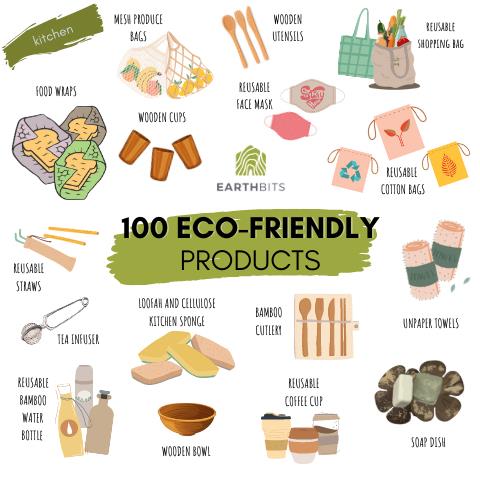
Welcome to our article on 'Go Green: 6 Space-Saving Ideas for Your Eco-Friendly Home.'
In today's fast-paced world, creating an environmentally conscious living space has become an essential consideration for many individuals seeking a sustainable lifestyle. This comprehensive guide presents practical and innovative concepts, ranging from energy-efficient appliances to composting, that not only help reduce our carbon footprint but also optimize space utilization.
Join us as we explore these space-saving ideas that enable you to embrace eco-friendly practices without compromising on comfort or freedom.
Energy-Efficient Appliances
When outfitting your eco-friendly home, prioritize energy-efficient appliances to reduce your carbon footprint and save on utility costs. Energy-saving tips and the use of renewable energy sources are essential in creating a sustainable living space.
Opt for appliances with high energy-efficiency ratings, such as ENERGY STAR certified models, which use less power while providing the same level of performance. These appliances are designed to minimize energy consumption, resulting in reduced greenhouse gas emissions and lower electricity bills. Consider investing in energy-efficient refrigerators, washing machines, dishwashers, and air conditioning units.
Additionally, smart appliances equipped with advanced technologies can further optimize energy usage by allowing you to monitor and control their operation remotely. By choosing energy-efficient appliances, you not only contribute to a greener planet but also enjoy long-term savings and a more environmentally conscious lifestyle.
Solar Panels
Solar panels are a valuable addition to any eco-friendly home, harnessing the power of the sun to generate clean and renewable energy. Installing solar panels on your property not only helps you reduce your carbon footprint but also allows you to save money in the long run by reducing your dependence on traditional energy sources.
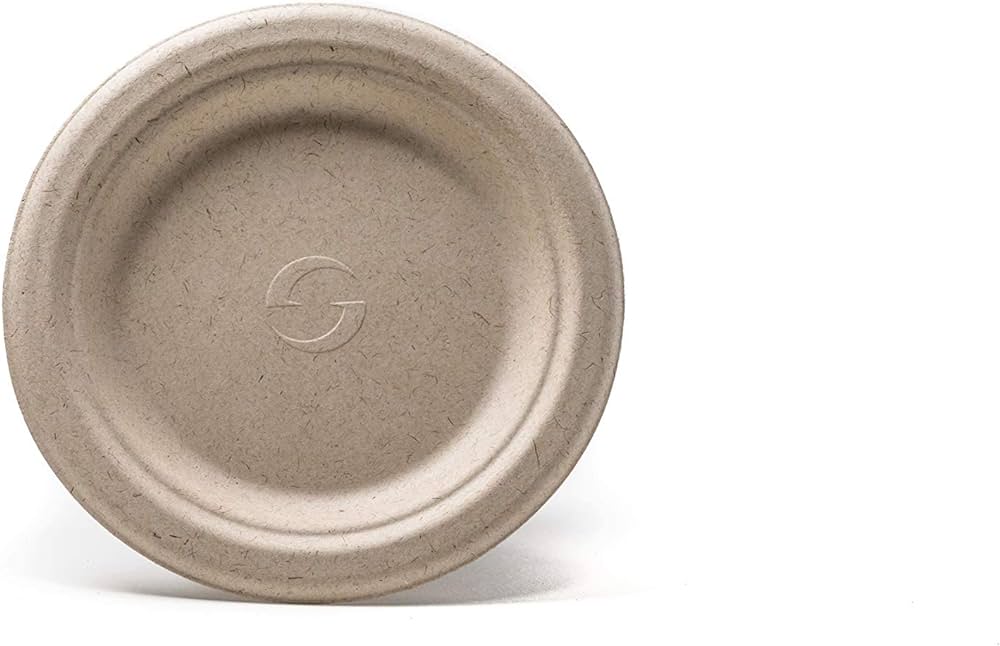
To make the most of your solar panel installation, here are three essential tips for solar panel maintenance:
- Regular cleaning: Keep your solar panels clean and free from debris to ensure maximum efficiency. Regularly inspect and clean them to remove dust, leaves, and dirt that can hinder their performance.
- Check for damage: Inspect your solar panels for any signs of damage, such as cracks or loose connections. Addressing these issues promptly can prevent further damage and ensure optimal performance.
- Monitor performance: Keep track of your solar panel's energy production levels to detect any abnormalities or potential problems. Monitoring your system regularly will help you identify and address any issues that may arise.
Insulation
Installing proper insulation is crucial for maintaining an eco-friendly home. Not only does insulation help to regulate the temperature inside the house, but it also reduces energy consumption and lowers utility bills.
When it comes to insulation, using sustainable materials is the key. Opt for eco-friendly options such as cellulose, wool, or recycled denim, which are made from renewable resources and have minimal impact on the environment. Another innovative approach is the use of green walls, which not only provide insulation but also improve indoor air quality and add a touch of natural beauty to your home.
Green walls are created by covering a surface with plants, creating a living layer of insulation that absorbs heat, reduces noise, and filters pollutants.
LED Lights
LED lights are an excellent choice for eco-friendly homes due to their energy-efficient nature. These lights consume significantly less energy compared to traditional incandescent bulbs, making them a sustainable lighting option.
Additionally, LED lights have a longer lifespan, reducing the need for frequent replacements and minimizing waste.
Not only are LED lights environmentally friendly, but they also offer a cost-effective solution for homeowners looking to save on energy bills in the long run.
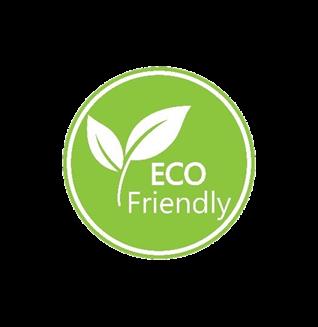
Energy-Efficient Lighting Options
When considering energy-efficient lighting options for your eco-friendly home, it is important to explore the benefits of using LED lights. LED stands for Light Emitting Diode, and these lights are known for their efficiency and longevity. Here are three reasons why LED lights are a great choice for your home:
- Energy Efficiency: LED lights consume significantly less energy than traditional incandescent bulbs, which means lower energy bills for you. They are up to 80% more efficient and can last up to 25 times longer.
- Solar Powered Lamps: LED lights can be powered by solar energy, making them even more eco-friendly. By harnessing the power of the sun, you can light up your home without relying on electricity from the grid.
- Natural Daylighting: LED lights can mimic natural daylight, creating a bright and inviting atmosphere in your home. This not only reduces the need for artificial lighting during the day but also improves your overall well-being by promoting a connection to nature.
Long-Lasting and Eco-Friendly
LED lights offer a durable and environmentally-friendly lighting solution for your eco-friendly home. These lights are made with sustainable materials and consume significantly less energy compared to traditional incandescent or fluorescent bulbs.
LED lights are designed to last longer, with an average lifespan of up to 50,000 hours, reducing the need for frequent replacements. This not only saves you money but also reduces waste and the environmental impact of manufacturing and disposing of old light bulbs.
Additionally, LED lights can be powered by renewable energy sources such as solar panels, further reducing your carbon footprint.
Cost-Effective and Sustainable
One cost-effective and sustainable lighting solution for your eco-friendly home is to incorporate energy-efficient LED lights. LED lights use significantly less energy than traditional incandescent bulbs, making them an excellent choice for reducing your electricity consumption and lowering your energy bills.
Here are three reasons why LED lights are a cost-effective and sustainable option for your home:
- Energy efficiency: LED lights are highly energy-efficient, converting most of the electricity they use into light rather than heat. This means they require less power to produce the same amount of light, resulting in lower energy consumption and cost savings.
- Long lifespan: LED lights have a much longer lifespan compared to traditional bulbs, lasting up to 25 times longer. This means fewer replacements and less waste, reducing the environmental impact and saving you money in the long run.
- Eco-friendly materials: LED lights are made using eco-friendly materials that are recyclable and do not contain harmful substances like mercury. This makes them a sustainable choice that reduces landfill waste and contributes to a cleaner environment.
Green Roofing
Green roofing is a sustainable and environmentally-friendly roofing option for your home. It involves the use of eco-friendly materials and techniques to create a roof that not only provides protection but also contributes to the overall well-being of the environment.
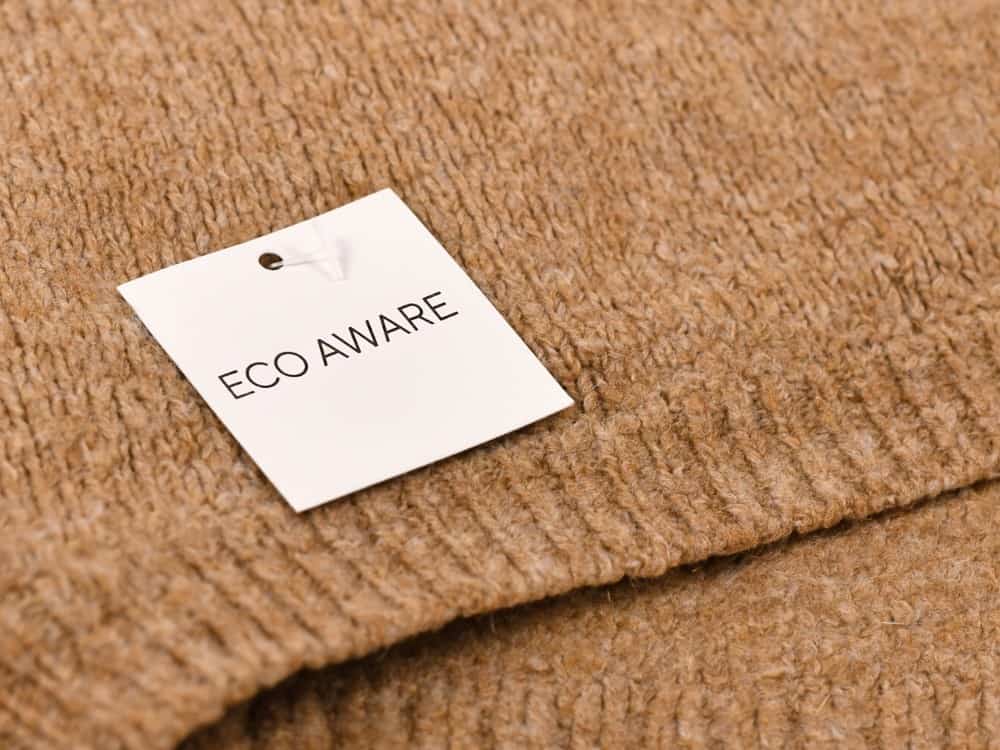
One of the key features of green roofing is rainwater harvesting. The roof is designed in a way that allows rainwater to be collected and stored for later use. This helps reduce the demand for water from other sources and promotes water conservation.
Additionally, green roofs also offer insulation benefits, keeping your home cooler in the summer and warmer in the winter, which can lead to energy savings.
Composting
Another sustainable practice that complements green roofing is composting, which allows homeowners to reduce waste and create nutrient-rich soil for their gardens.
Composting is the process of decomposing organic materials, such as food scraps, yard waste, and paper, into a dark, crumbly substance known as compost.
Here are three composting methods that you can incorporate into your eco-friendly home:
- Backyard Composting: This method involves creating a compost pile in your backyard using a mix of green (nitrogen-rich) and brown (carbon-rich) materials. Turn the pile regularly to aerate it and speed up the decomposition process.
- Vermicomposting: Also known as worm composting, this method uses red worms to break down organic materials in a controlled environment. You can keep a worm bin indoors or in a small outdoor space, such as a balcony or patio.
- Bokashi Composting: This method involves fermenting organic waste using a special type of bacteria called Effective Microorganisms (EM). The process is quick and odorless, making it suitable for small spaces.
Frequently Asked Questions
How Do Energy-Efficient Appliances Help in Reducing Electricity Consumption?
Energy-efficient appliances play a crucial role in reducing electricity consumption. These appliances are designed to use less energy without compromising functionality, resulting in lower energy bills and a reduced carbon footprint.
What Are the Main Advantages of Installing Solar Panels in a Home?
Installing solar panels in a home offers numerous advantages. It provides a renewable and clean source of energy, reduces electricity bills, and contributes to a sustainable environment. The installation process involves mounting the panels on rooftops or other suitable locations.
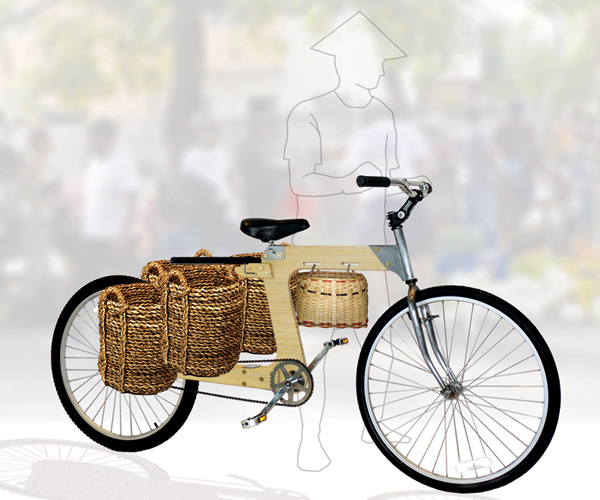
How Does Insulation Contribute to Energy Conservation and Maintaining a Comfortable Indoor Temperature?
Insulation efficiency is crucial for energy conservation and maintaining a comfortable indoor temperature. It reduces heat transfer, minimizing the need for heating or cooling systems. Utilizing renewable energy sources, such as solar panels, further enhances the sustainability of a home.
What Are the Long-Term Benefits of Using LED Lights Compared to Traditional Incandescent Bulbs?
LED lights offer significant long-term benefits compared to traditional incandescent bulbs. They are more energy-efficient, resulting in cost savings on electricity bills. Additionally, LED lights have a lower environmental impact due to their longer lifespan and reduced carbon emissions.
How Does Green Roofing Benefit the Environment and Improve the Energy Efficiency of a Home?
Green roofing benefits the environment and improves the energy efficiency of a home by reducing stormwater runoff, improving air quality, and reducing the urban heat island effect. It also helps to insulate the building, reducing the need for heating and cooling.
 Business & FinanceHealth & MedicineTechnologyLifestyle & CultureScience & EnvironmentWorld NewsPrivacy PolicyTerms And Conditions
Business & FinanceHealth & MedicineTechnologyLifestyle & CultureScience & EnvironmentWorld NewsPrivacy PolicyTerms And Conditions
